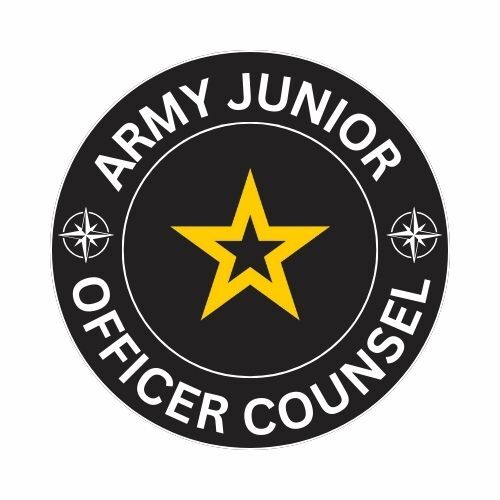The Scarcest Resource In The World

Have you ever considered what is the scarcest resource in the world? Given its scarcity one would think it would also be the most valuable. The scarcer, the more valuable. Throughout my life I have always found leadership to be the scarcest and the most valuable resource in the world. Why? Because leadership is challenging and can make the biggest difference in the lives of others.
In this way leadership is an enormous responsibility. When I graduated from West Point and took over my first platoon in Charlie Company, 1-504th PIR, 1st BDE, 82nd Airborne Division; I felt that responsibility. My men’s lives depended upon my leadership. While an enormous responsibility, it was also a huge blessing. I had the opportunity to help these men become more than they imagined. Like when I took over the failing Battalion Mortar Platoon. They had just failed a readiness test, the previous Lieutenant was fired, and I was told by the Battalion Commander to make the platoon more competitive. A year later we finished a close second place in the Division competition.
As a familiar verse from the Bible, John 15:13, says: “Greater love has no one than this, that someone lay down his life for his friends.” This is certainly the example Christ set. It is also the ethos of a military officer. Rewards, medals, and expectations are that the military officer will sacrifice for the troops they lead. Leadership demands sacrifice.
Similarly, leadership is about facing reality, often adversity, and knowingly getting up again, rejoining the fight even after being knocked down. President Teddy Roosevelt said this so eloquently in his speech entitled Citizenship in a Republic, but commonly misnamed “The Man in the Arena.”
Leadership is about making the choice to climb into the arena, full well knowing you will get hit, your nose will get bloodied, but that the fight is worth the undertaking. There will always be times as a leader when things don’t go well, in business when you have a bad earnings call, or in the military when your results aren’t up to standard. The leader’s job is to face reality, figure out what went wrong, put a plan of improvement together, and rally your organization to deliver that plan.
“Still less room is there for those who deride or slight what is done by those who actually bear the brunt of the day; nor yet for those others who always profess that they would like to take action, if only the conditions of life were not exactly what they actually are.”
-President Roosevelt, 1910
The careers of many historic leaders have been defined by seeking challenging opportunities and putting themselves in the area. Ulysses S. Grant did so in 1864 during the Civil War when he took command of the combined Union Army, becoming the first Officer to hold the rank of Lieutenant General since George Washington. Grant determined that he must be, in his words “at the point for the Commanding General” with the Army of the Potomac, fighting in Virginia. And civil rights leader Dr. Martin Luther King Jr. was in the arena and strived valiantly to promote civil rights in our country. Thankfully, our Army is full of leaders who face reality and embrace the challenges put before them.
For me, my journey of seeking leadership opportunities “in the arena” began as a cadet but continued into my time as a lieutenant at Fort Bragg. Having the mindset of acting—instead of being a mere bystander—ultimately prepared me for opportunities to help and serve others at continuously greater levels of responsibility. I considered each position I served in, from my 33 years at the Procter & Gamble Company to my recent tenure as Secretary of the Department of Veteran Affairs, to be a blessing and opportunity to serve. Each had its own challenges but I knew the importance of my leadership.
Leadership is not easy, but it is crucial. So the next time you are facing challenges and feel like being a leader is difficult, know that it is supposed to be. Leadership is scarce because it is hard and demands sacrifice. It is valuable because it can impact so many. Take consolation in knowing that, as President Roosevelt said, you are in the arena. As a military officer, you are living a life of purpose in pursuit of a worthy cause.
Bob McDonald graduated from the United States Military Academy at West Point in 1975. He was nominated by President Obama to serve as the eighth Secretary of Veterans Affairs (VA), and he was confirmed unanimously by the United States Senate on July 29, 2014. Before joining VA, Bob McDonald was Chairman, President, and Chief Executive Officer of The Procter & Gamble Company (P&G). He is currently serving as the Chairman of the Board for the West Point Association of Graduates, among his many other efforts to strengthen and give back to the Army Family.



